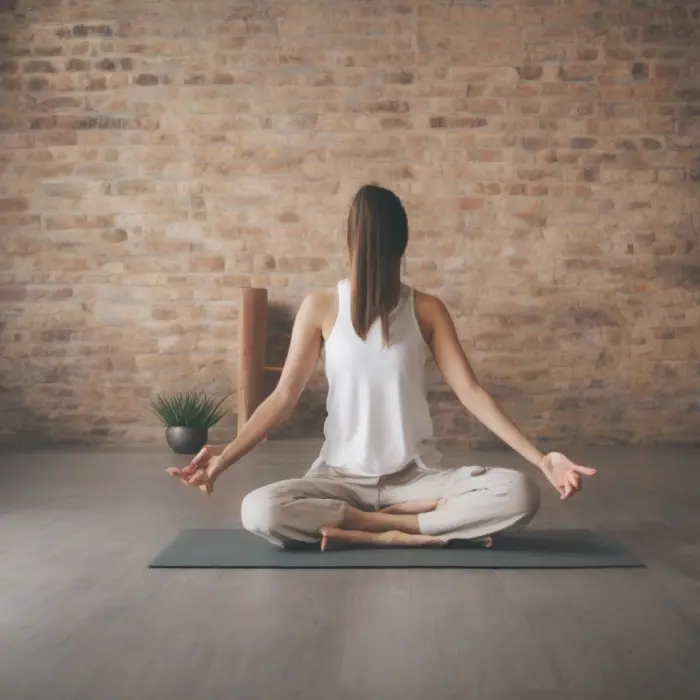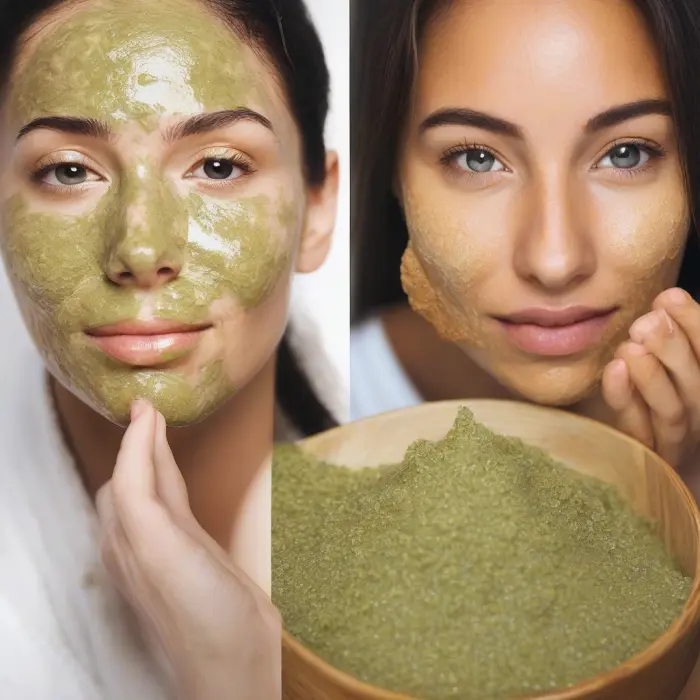Creating a Holitic Self-Care Routine for Overall Wellness
The concept of self-care has gained immense momentum in the last few years, thanks to the rise in awareness about mental and physical health. Burgeoning from neglecting signs of exhaustion to prioritizing personal wellbeing, our understanding of self-care has seen a significant transformation. From a holistic perspective, self-care isn't just about pampering oneself; it's about creating a regular and balanced self-care routine that caters to all aspects of personal health, including cognizance about physical, emotional, mental, and spiritual needs.
Importance of Creating a Self-Care Routine
A self-care routine is essential for maintaining a well-rounded, healthy lifestyle. It assists in mitigating stress, promoting good mental health, and increasing overall productivity. When you take the time to care for yourself, you create a balance that allows you to better manage the obstacles life throws your way.
How to Create a Holistic Self-Care Routine
Developing a self-care routine that incorporates activities for your physical, mental, emotional, and spiritual wellness is not an impossible task. Here are some practical ways to do it:
Physical Self-Care
Physical self-care activities are those that cater to your body's needs. They range from sleeping and eating well to exercising regularly. Incorporating a balanced diet, getting enough sleep, and making time for physical activity are all parts of a beneficial physical self-care routine.
Mental Self-Care
Mental wellness is crucial for managing stress and living a balanced life. Activities like reading a book, solving puzzles, or learning a new skill can stimulate your mind and keep it active. Dedicating some time every day to challenging your mind can yield significant mental health benefits.
Emotional Self-Care
Emotional self-care implies understanding and expressing one's feelings in a healthy manner. Journaling, practicing mindfulness, and seeking therapy or counseling are helpful emotional self-care tools. Above all, don't hesitate to reach out to friends or loved ones when you're feeling low. Expressing how you feel can be a great way to relieve emotional stress.
Spiritual Self-Care
Spiritual self-care may involve activities that connect you with your inner self. This could be through meditation, prayer, spending time in nature, or practicing yoga. Commit to something that helps you reflect on your personal beliefs and values.
Conclusion
Remember, the idea of self-care is a deeply personal process. What works for one person might not be as effective for another. It is essential to find a routine that caters to your unique needs and positively impacts your overall wellness. Make sure to listen to your body, give yourself permission to rest, and practice self-care intuitively.










